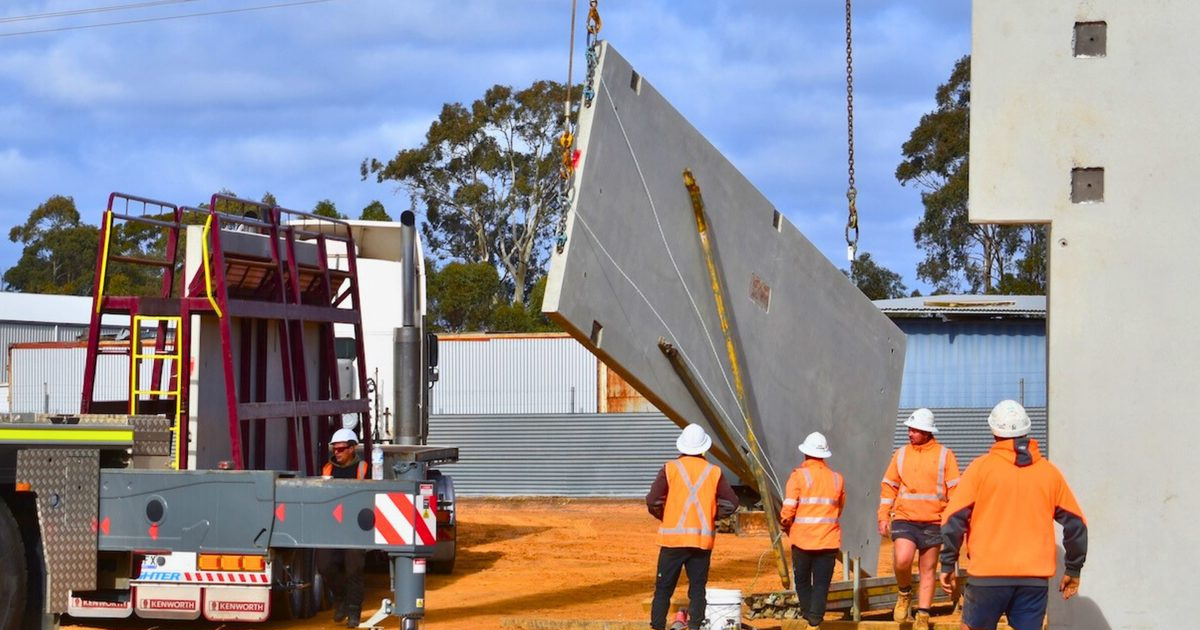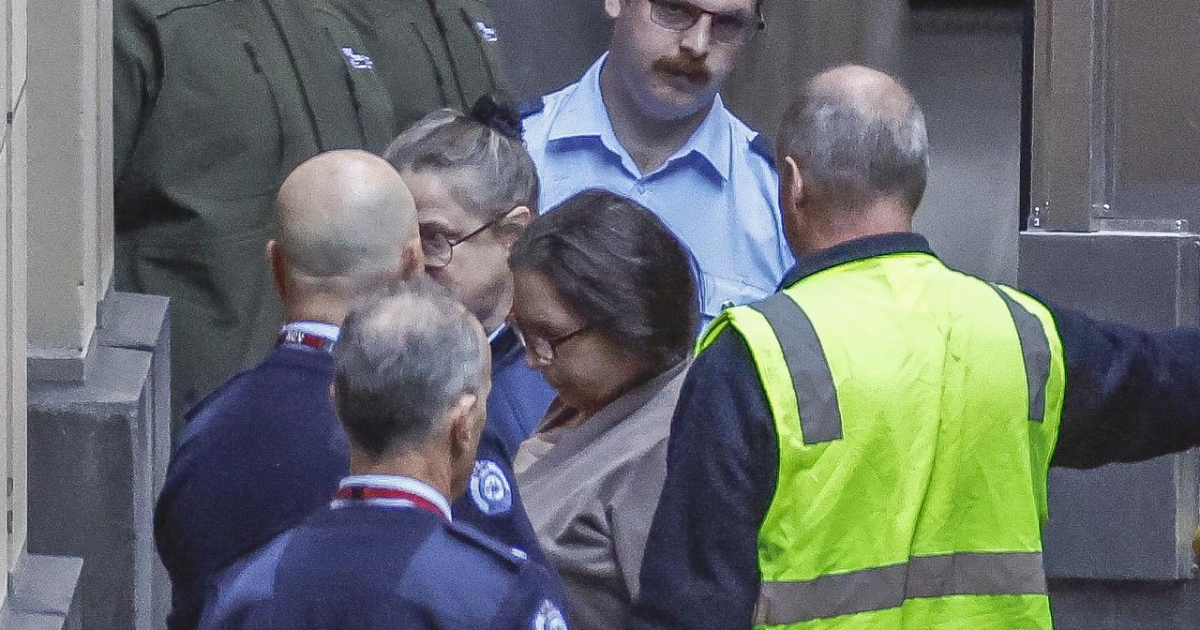Health service backs female treatment

Health champions: Members of the Bendigo Community Health Services Sexual and Reproductive Health Hub team, nurses Louise Holland and Mary-Anne McCluskey, and Dr Karishma Kaur. Photo: SUPPLIED
MEDICAL staff at Bendigo Community Health Services have said they are confident that services provided through its Sexual and Reproductive Health Hub are benefiting women in the area.
A recent report undertaken by the Victorian Auditor-General looking at supporting sexual and reproductive health highlighted the need for more data on the impact of dedicated health hubs on accessibility.
The report said the Department of Health doesn’t know whether the hubs have increased women’s access to sexual and reproductive health services.
“This is because it does not have relevant performance measures to determine if, and the extent to which, this program is achieving the plan’s objective to increase access to services,” the report said.
“It is also not clear that the department placed the hubs where women need them most.”
In the 2019 and 2020 reporting period, 2185 services were undertaken at BCHS, between 2020-2021 the number spiked to 9055, and between 2021 and 2022 they decreased to 4739.
Most of the services provided were for sexually transmitted infections treatments.
BCHS sexual health nurse practitioner Louise Holland highlighted the achievements of staff at the hub and said there needed to be a regional facility for sexual and reproductive health training for doctors.
“The figures speak for themselves in terms of what we’ve been doing,” she said. “Once we became a hub, it meant we could really concentrate on helping reduce the gap in access to services in our region.
“We need to train more practitioners, and we need to incentivise them.
“At the moment, generally GPs have to travel for training, they have to leave their practice and do the training in Melbourne. It’s very timely that we invest in a regional training hub.”
BCHS executive leader of better health Graem Kelly said the challenge is now to ensure the ongoing financial sustainability of community health services.
“The real challenge remains in Medicare Benefits Schedule bulk billing not effectively compensating specialised GP and nursing costs,” he said.
“Add to this the fact that funding from other sources such as primary health networks and the State Government often falls short in meeting service and delivery costs for the long-term sustainability of services, and we can see why there is a growing gap in access to sexual and reproductive health and the health system more broadly.”
Bendigo Community Health’s services at its sexual and reproductive health hub include contraceptive device insertions, medical abortions, abortion-related counselling, and STI treatments.

















